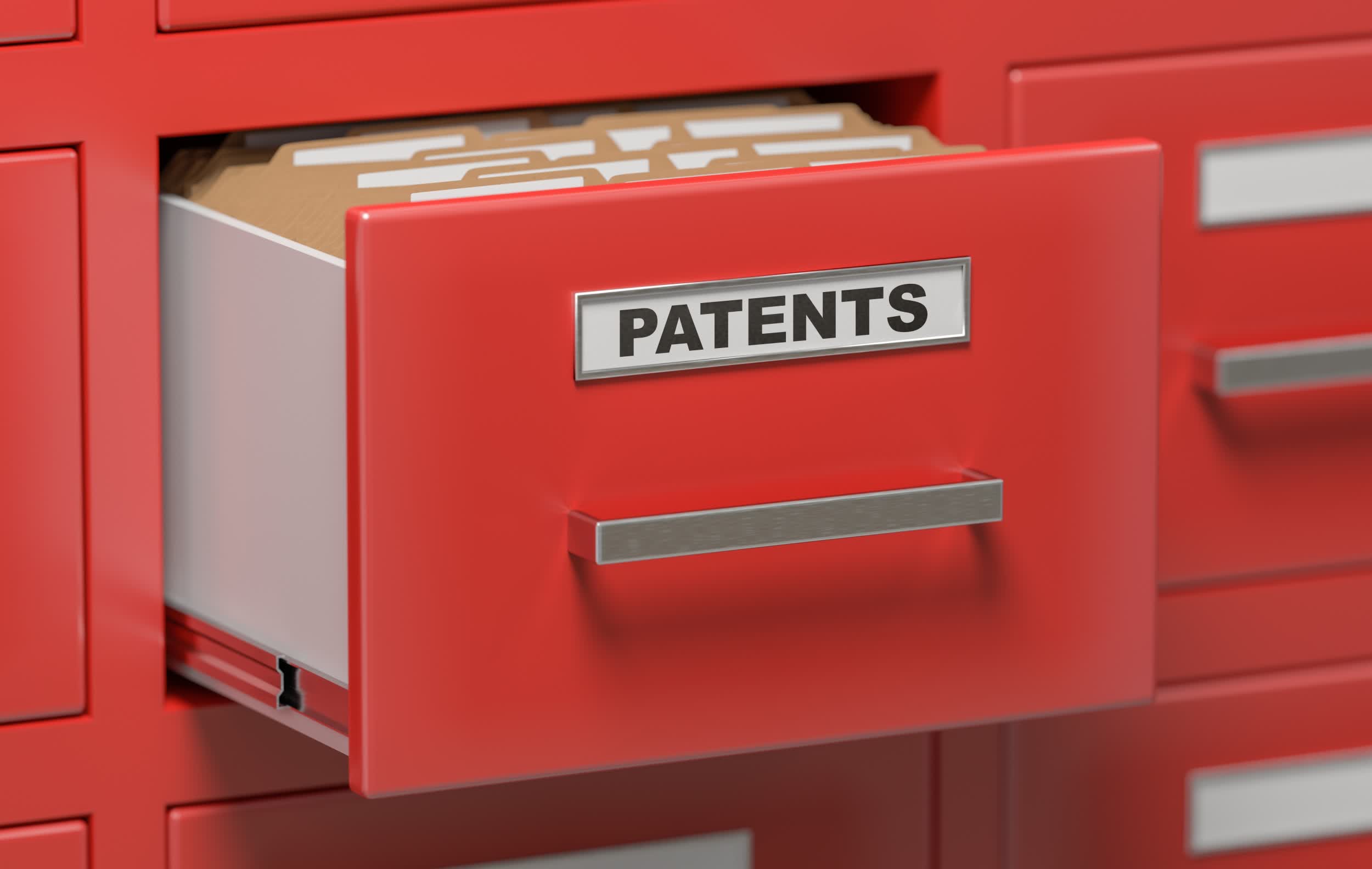Bottom line: Financial services company Square has created a non-profit organization designed to help members of the cryptocurrency community collectively ward off patent trolls. Similar patent alliances for other technologies have proven effective at deterring trolls and spurring innovation over the years, so there’s little reason to think the scheme wouldn’t also work with regard to cryptocurrencies.

The Cryptocurrency Open Patent Alliance (COPA) is a consortium of like-minded individuals and companies with the singular goal of advancing the industry and the technology that drives it by removing patents as a roadblock to innovation.
COPA members agree to pool all of their crypto-related patents together to form a shared patent library, effectively creating a shield against patent aggressors. Members also must agree not to use their crypto patents against others, expect when defending themselves from patent trolls. This, COPA said, effectively makes member patents freely available for anyone to use.

COPA said there is no barrier to entry, meaning anyone from individuals and startups to large corporations can join.
The group will be overseen by a nine-member committee, comprised of three members from the crypto and open source community, three from founding companies and the remaining three from other members that’ll be elected based on consulting with the community and founding members.
Those interested in joining the alliance can learn more and sign the membership agreement over on COPA’s website.